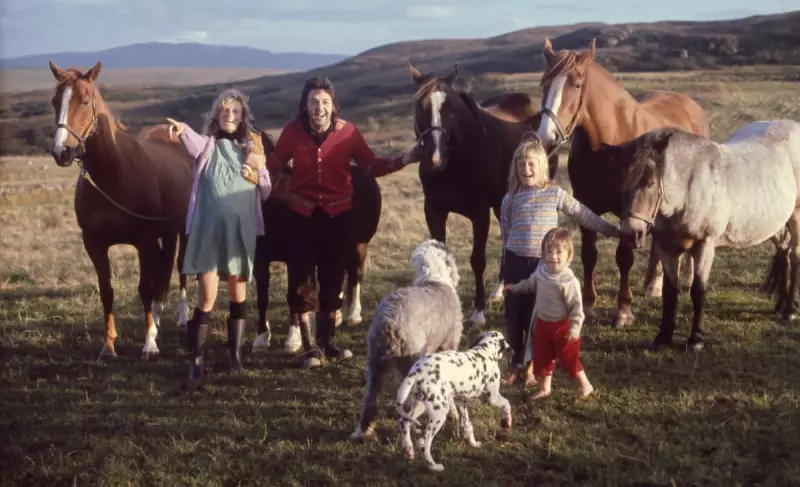
In the shadow of The Beatles' earth-shattering breakup, Paul McCartney faced what could have been a career-ending crisis. Rather than fading into obscurity, the legendary musician embarked on one of rock history's most remarkable comebacks, forming Wings and creating the iconic album 'Band on the Run' against unimaginable odds.
The Wilderness Years
Following The Beatles' dissolution in 1970, McCartney found himself adrift in a sea of uncertainty. Plunged into depression and grappling with legal battles that threatened to paralyse his career, the once-invincible Beatle faced his darkest hour. While many wrote him off as finished, McCartney was quietly plotting his return to the summit of popular music.
Wings Takes Flight
Against all conventional wisdom, McCartney formed Wings with his wife Linda—a decision that initially drew widespread criticism. The band's early struggles were monumental, facing brutal reviews and commercial disappointment. Yet McCartney's determination never wavered, driven by a vision that would eventually culminate in one of the 1970s' defining albums.
Band on the Run: Against All Odds
The making of 'Band on the Run' reads like a thriller. Recorded in Lagos, Nigeria, under perilous conditions that included an armed robbery and tropical diseases, the album's creation was nothing short of miraculous. Two band members quit just days before departure, leaving the McCartneys and guitarist Denny Laine to complete the masterpiece as a trio.
Despite the chaos, the album produced timeless classics including the title track, 'Jet', and 'Let Me Roll It'. Upon its 1973 release, it became a global phenomenon, topping charts worldwide and silencing critics who had dismissed McCartney's post-Beatles potential.
Legacy of Resilience
This period represents more than just musical success—it's a testament to McCartney's extraordinary resilience. From the depths of professional uncertainty, he crafted a new identity that would sustain his career for decades to come. The 'lost years' after The Beatles ultimately revealed McCartney's true character: not as a musician resting on past glory, but as an artist determined to forge his own path against overwhelming adversity.





